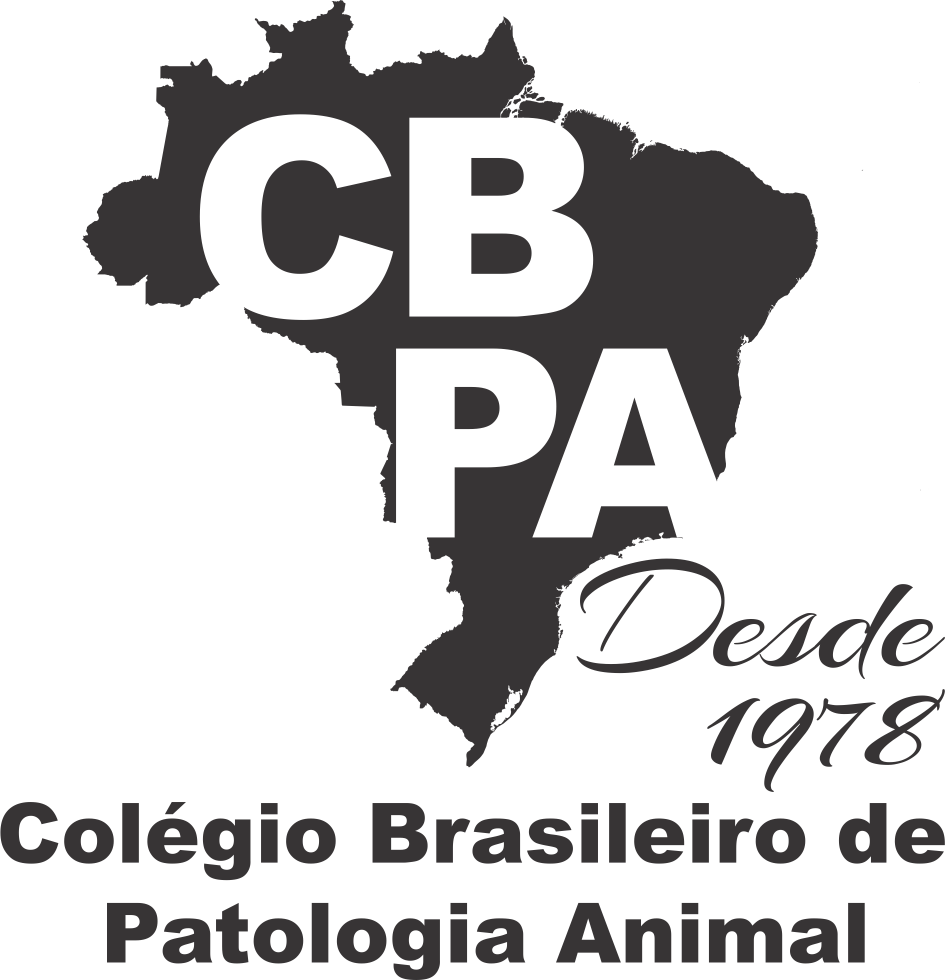Resultado da pesquisa (1)
Termo utilizado na pesquisa Arduino G.G.C.
#1 - Títulos de anticorpos aglutinantes induzidos por vacinas comerciais contra leptospirose bovina, p.575-582
Abstract in English:
ABSTRACT.- Arduino G.G.C., Girio R.J.S., Magajevski F.S. & Pereira G.T. 2009. [Agglutinating antibody titers induced by commercial vaccines against bovine leptospirosis.] Títulos de anticorpos aglutinantes induzidos por vacinas comerciais contra leptospirose bovina. Pesquisa Veterinária Brasileira 29(7):575-582. Departamento de Medicina Veterinária Preventiva e Reprodução Animal, Faculdade de Ciências Agrárias e Veterinárias, Universidade Estadual Paulista, Via de Acesso Paulo Donato Castellane s/n, Jaboticabal, SP 14884-900, Brazil. E-mail: cocaarduino@yahoo.com.br
In the investigation 100 heifers were used, divided into 5 groups of 20 animals each. The four experimental groups were vaccinated using distinct commercial polyvalent bacterines: A, B, C and D, and a group was the control. Samples were collected at days 0, 3, 7, 14, 21, 28, 35, 42, 42, 56, 63, 70, 77, 84, 91, 120, 150 and 180 from the first injection of the vaccine. The selection of the animals for the experimental groups was done based on a serological screening with 6 antigens of Leptospira sp. constituted by non-reagent animals. The vaccine titers were monitored using the microscopic agglutination test (MAT) for Canicola, Grippotyphosa, Hardjo, Icterohaemorrhagiae, Pomona and Wolffi serovars. All vaccines used were capable to product agglutinins for the Hardjo and Wolffi serovars observed at 3 days after vaccination, remaining until the 150th day; those serovars induced the highest titres of agglutinins. Vaccine D, in spite of not containing the Wolffi serovar, induced the production of agglutinins to this serovar. Agglutinins to the Canicola serovar were only observed in the animals vaccinated with the D bacterine. Vaccine D induced the highest average titers of antibodies to all tested serovars.
Abstract in Portuguese:
ABSTRACT.- Arduino G.G.C., Girio R.J.S., Magajevski F.S. & Pereira G.T. 2009. [Agglutinating antibody titers induced by commercial vaccines against bovine leptospirosis.] Títulos de anticorpos aglutinantes induzidos por vacinas comerciais contra leptospirose bovina. Pesquisa Veterinária Brasileira 29(7):575-582. Departamento de Medicina Veterinária Preventiva e Reprodução Animal, Faculdade de Ciências Agrárias e Veterinárias, Universidade Estadual Paulista, Via de Acesso Paulo Donato Castellane s/n, Jaboticabal, SP 14884-900, Brazil. E-mail: cocaarduino@yahoo.com.br
In the investigation 100 heifers were used, divided into 5 groups of 20 animals each. The four experimental groups were vaccinated using distinct commercial polyvalent bacterines: A, B, C and D, and a group was the control. Samples were collected at days 0, 3, 7, 14, 21, 28, 35, 42, 42, 56, 63, 70, 77, 84, 91, 120, 150 and 180 from the first injection of the vaccine. The selection of the animals for the experimental groups was done based on a serological screening with 6 antigens of Leptospira sp. constituted by non-reagent animals. The vaccine titers were monitored using the microscopic agglutination test (MAT) for Canicola, Grippotyphosa, Hardjo, Icterohaemorrhagiae, Pomona and Wolffi serovars. All vaccines used were capable to product agglutinins for the Hardjo and Wolffi serovars observed at 3 days after vaccination, remaining until the 150th day; those serovars induced the highest titres of agglutinins. Vaccine D, in spite of not containing the Wolffi serovar, induced the production of agglutinins to this serovar. Agglutinins to the Canicola serovar were only observed in the animals vaccinated with the D bacterine. Vaccine D induced the highest average titers of antibodies to all tested serovars.









